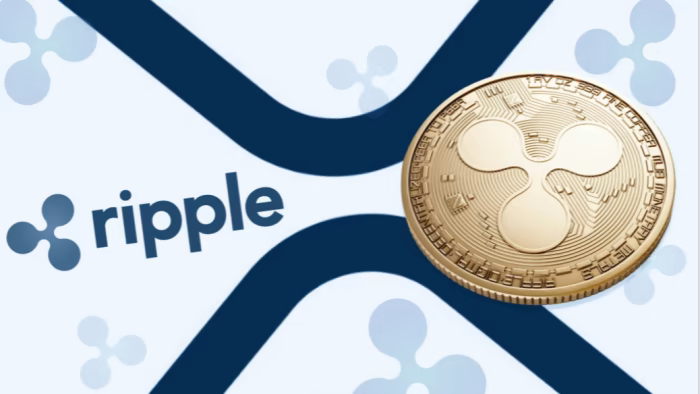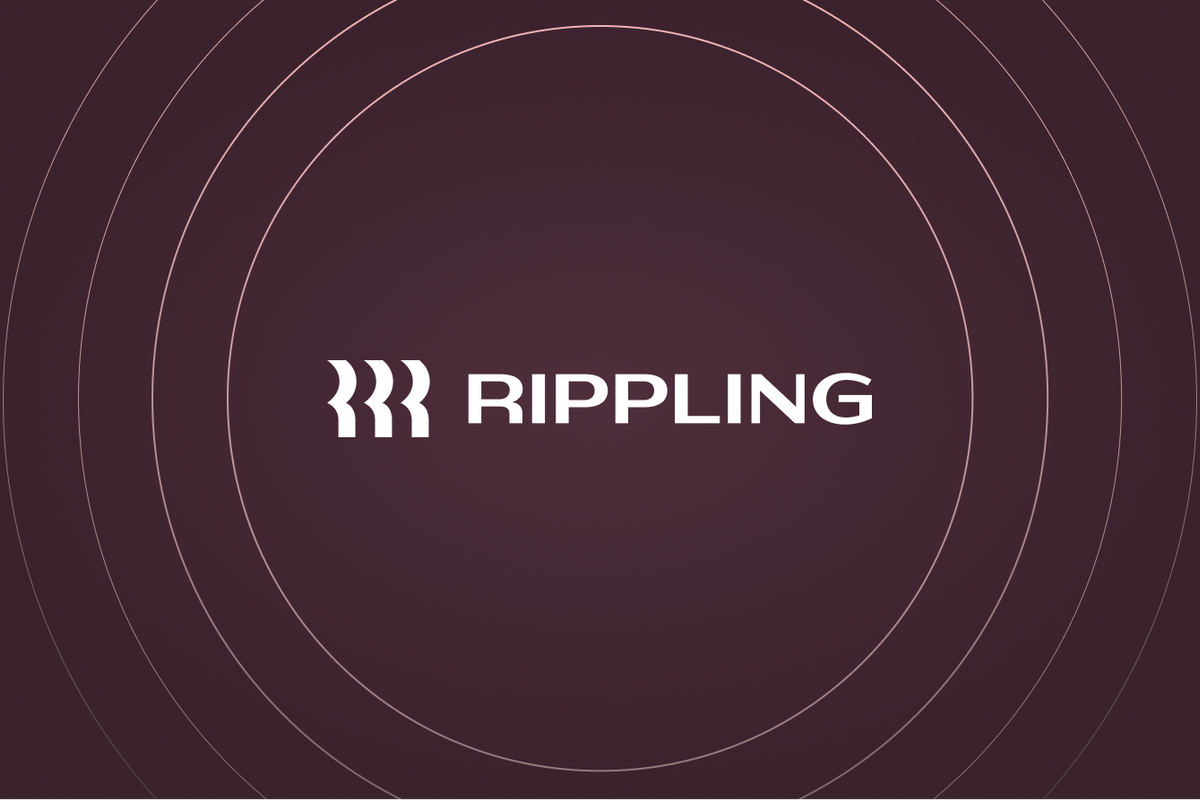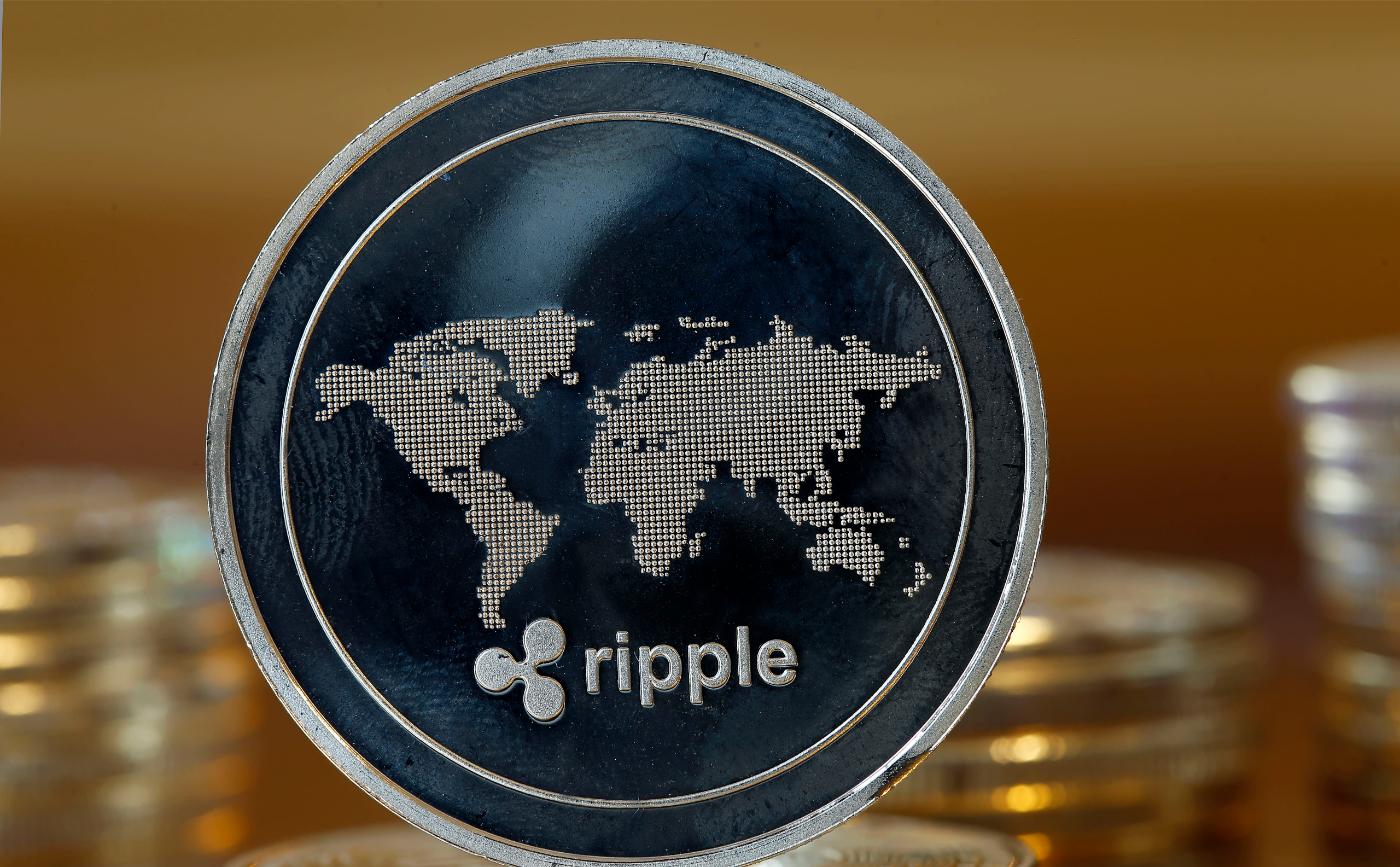Ripple is a company that revolutionizes global payments for financial institutions. Imagine an improved system for international money transfers, faster, cheaper, and more secure. That’s Ripple in a nutshell. It uses blockchain technology, the same system behind cryptocurrencies, but with a different purpose. Instead of individual coins like Bitcoin, Ripple utilizes its own digital asset, XRP, to act as a bridge currency when exchanging different currencies. This streamlines the process, saving financial institutions time and money.
What Is Ripple?
Ripple is a payment settlement system and currency exchange network designed to cater to the needs of the financial services industry. Here are the key points about Ripple:
- Network Purpose: Ripple was created to serve as a replacement for SWIFT (Society for Worldwide Interbank Financial Telecommunication) or to enhance the settlement layer between major financial institutions. It acts as a trusted intermediary between parties in a transaction, swiftly confirming that the exchange occurred correctly.
- Global Transactions: Ripple facilitates exchanges for various fiat currencies and cryptocurrencies. For instance, it can handle transactions involving Bitcoin and other digital assets.
- XRP as a Fee: Whenever users transact on the Ripple network, a small amount of XRP (the native cryptocurrency of Ripple) is deducted as a fee. This fee is minimal compared to the hefty charges imposed by traditional banks for cross-border payments.
How it Works?
XRP is the cryptocurrency that operates on the XRP Ledger, a blockchain engineered by Jed McCaleb, Arthur Britto, and David Schwartz. Here’s what you need to know about XRP:
- Low-Cost Currency Exchange: XRP serves as a means of low-fee currency exchange. By using Ripple, you can significantly reduce transaction costs.
- High-Speed Cross-Border Transfers: Ripple enables nearly instant money transfers, averaging around four seconds per transaction. This speed surpasses other payment systems.
- Versatility: XRP can be used not only for currency exchange but also for P2P purchases, online voting, escrow services, and more.
Benefits of Ripple (XRP):
- Speed: Ripple’s consensus process involves a network of servers owned by banks, making transactions faster than Bitcoin. Cross-border transfers happen swiftly, benefiting businesses and individuals alike.
- Low Transaction Costs: Ripple’s minimal fees (such as the standard fee of 0.00001 XRP) make it an attractive choice for cost-conscious users.
- Energy Efficiency: Unlike Bitcoin, which relies on energy-intensive mining, Ripple’s network is more energy-efficient due to its consensus mechanism.
- Liquidity Bridge: While Ripple doesn’t require XRP for every transaction, XRP provides liquidity when needed, acting as a bridge between different currencies.
Ripple vs. Other Cryptocurrencies
Technology and Consensus Mechanism
-
Ripple Coin (XRP) utilizes the Ripple Protocol Consensus Algorithm (RPCA). Unlike other cryptocurrencies that rely on proof-of-work (PoW) or proof-of-stake (PoS), XRP’s consensus algorithm allows for fast and efficient transaction validation. Transactions settle in a matter of seconds.
Use Cases and Focus
-
While many cryptocurrencies aim to be general-purpose digital currencies or decentralized platforms, Ripple Coin has a specific focus on facilitating fast and low-cost cross-border transactions.
-
Ripple, the company behind XRP, has developed payment and liquidity solutions for financial institutions, making XRP an integral part of their global money transfer infrastructure.
Partnerships and Adoption
-
Ripple has forged partnerships with numerous banks, financial institutions, and payment providers worldwide. These collaborations have helped drive the adoption of XRP as a bridge currency for international remittances.
-
It’s worth noting that Ripple’s partnerships and adoption differ from the decentralized nature of other cryptocurrencies.
Supply and Distribution
-
Ripple Coin’s supply is pre-mined, meaning all coins were created at the project’s inception, and there is no mining process involved.
-
The total supply of XRP is 100 billion, with a significant portion held by Ripple Labs. This distribution model has drawn both support and criticism within the crypto community.
Regulatory Considerations
-
The regulatory landscape surrounding cryptocurrencies varies across jurisdictions. Ripple and XRP have faced regulatory scrutiny, particularly regarding the classification of XRP as a security.
-
The outcome of these regulatory discussions may influence the future development and adoption of Ripple Coin.
Market Performance and Price Volatility
-
Like all cryptocurrencies, Ripple Coin has experienced price volatility. Its market performance is influenced by various factors, including market sentiment, news events, and overall cryptocurrency trends.
-
Remember that investing in cryptocurrencies entails risks, and market conditions can change rapidly.
Fun Facts about Ripple Coin (XRP)
-
Speedy Transactions: XRP settles transactions in just a few seconds, making it one of the quickest cryptocurrencies in terms of transaction confirmation.



